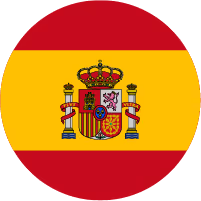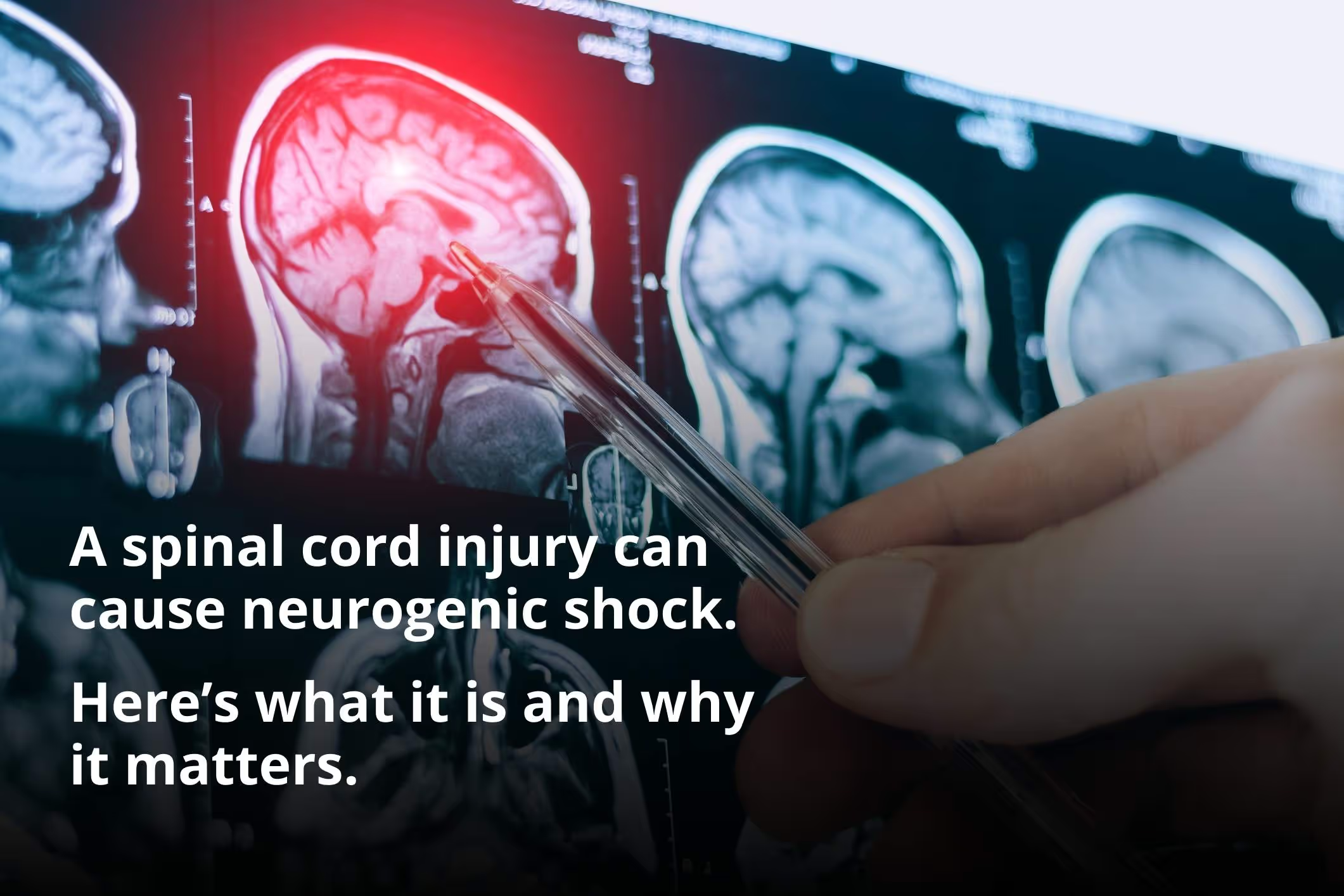After a spinal cord injury, the body can go through more than physical trauma. It can also experience a dangerous shift in how vital systems are controlled. Neurogenic shock is one of the most serious medical conditions that can follow a spinal injury. It affects heart rate, blood pressure, and breathing, and it requires immediate emergency care.

So, what is neurogenic shock? It’s a life-threatening condition that happens when the spinal cord is damaged, interrupting the body’s ability to regulate automatic functions. Blood vessels lose their tone and widen, causing a sudden drop in blood pressure and slowing the heart rate.
This disruption in circulation can lead to organ failure and death without rapid intervention.
At Thorsnes Bartolotta McGuire, we’ve seen how devastating these injuries can be, not only medically, but also legally and financially. We help individuals and families pursue justice after catastrophic spinal cord trauma. Call (619) 236-9363 for a no-cost case review with an experienced spinal cord injury attorney.
How It Happens: Causes of Neurogenic Shock
Neurogenic shock is most often caused by trauma to the upper spinal cord, usually in the cervical or upper thoracic regions. That’s where the sympathetic nervous system connects to the rest of the body. When this pathway is disrupted, the system responsible for “fight or flight” responses shuts down.
This type of shock isn’t caused by blood loss. It stems from a failure in nerve signaling. Without that communication, blood vessels can no longer stay constricted. They relax all at once, sending blood away from major organs and slowing circulation.
Common causes of neurogenic shock include:
- Car accidents that result in spinal cord trauma;
- Falls that compress or sever spinal nerves;
- Penetrating injuries such as gunshots or stabbings; and
- Medical errors during surgery or spinal procedures.
While any spinal injury can be severe, those that affect the upper spine carry the highest risk of triggering this condition. Recognizing and treating it quickly can mean the difference between survival and long-term disability or worse.
What to Watch For: Neurogenic Shock Symptoms
The symptoms of neurogenic shock may look different from other forms of shock. Instead of rapid breathing or a fast heartbeat, this condition often presents with the opposite.
Watch for:
- Sudden, severe drop in blood pressure;
- Slowed heart rate (bradycardia);
- Warm, flushed skin below the injury;
- Weakness or paralysis;
- Confusion or loss of consciousness; and
- Difficulty breathing.
Neurogenic shock symptoms can appear within minutes of injury or may develop over several hours. Emergency responders should always check for signs of spinal trauma in crash victims, especially when the person cannot move or feels numbness in their limbs.
When a spinal cord injury leads to complications like neurogenic shock, the consequences can affect every part of life.
Thorsnes Bartolotta McGuire has handled catastrophic injury cases for over 45 years, helping California families pursue justice and financial recovery. To find out whether you have a case, call (619) 236-9363 or contact us online for a free case review.
Long-Term Impact of Neurogenic Shock
Even with fast medical treatment, neurogenic shock can cause long-term physical and neurological complications, such as:
- Brain injuries due to restricted oxygen flow;
- Heart and kidney damage;
- Ongoing respiratory issues;
- Permanent mobility limitations; and
- Chronic fatigue, pain, or cognitive issues.
Recovery often requires months or years of intensive rehabilitation, including:
- Hospital stays,
- Surgeries,
- Physical therapy,
- Mobility aids or home modifications, and
- Long-term or in-home nursing care.
When this happens due to another party’s negligence, whether in a car crash or pedestrian accident, unsafe premises, or medical mishandling, California law allows injured people to seek compensation through a personal injury claim.
Can You Take Legal Action?
Severe spinal cord trauma often raises legal questions. Was someone else responsible for the crash? Was the property dangerous? Was the medical team careful during surgery?
These questions matter because the costs of a neurogenic shock episode go far beyond the emergency room. They extend into everyday life, relationships, and the ability to earn a living.
If your injury occurred in a car crash, on unsafe property, during surgery, or under preventable circumstances, you may have grounds to pursue legal action.
Legal claims for neurogenic shock can apply when:
- A reckless driver causes a crash, resulting in spinal injury;
- Property owners fail to maintain safe conditions;
- A hospital or surgeon makes an avoidable error;
- Employers ignore construction site safety protocols; or
- A product or equipment defect contributes to injury.
At Thorsnes Bartolotta McGuire, we investigate what happened, work with medical experts, and build cases designed to hold the responsible party accountable. We’ve taken on major insurance companies, businesses, and institutions that failed to protect people from preventable harm.
Contact a Spinal Cord Injury Lawyer Today
If you or your loved one suffered neurogenic shock after a spinal cord injury, call Thorsnes Bartolotta McGuire at (619) 236-9363 or send us a message online.
With over 45 years of experience handling catastrophic injury cases, we’ll help your family find answers. We can also help you understand what is neurogenic shock, how it affects long-term recovery, and whether neurogenic shock treatment costs may be part of your legal claim.
Your consultation is free, and your concerns will be treated with the care they deserve.






